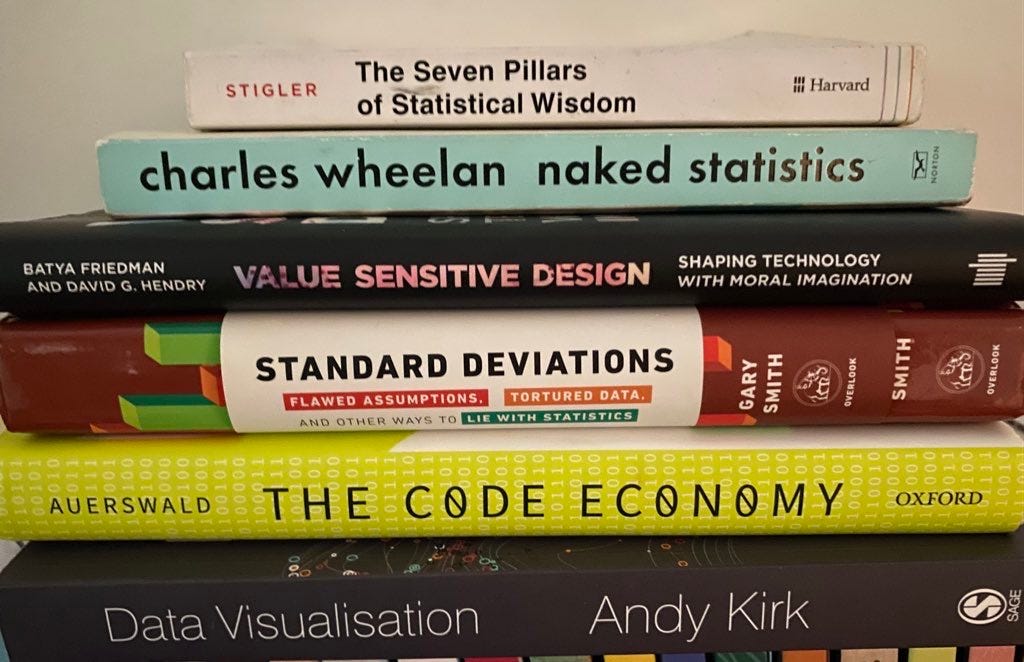"Splitting the ambivalence..."
words of wisdom by Esther Perel
There was a time long, long ago where I spent a nontrivial amount of time flying in airplanes, sitting in board rooms, moderating conferences, and attending client meetings. I wouldn’t trade that experiential time for the world.
Being “in the room where it happens” is addictive and illuminating. I heard President Obama in the East Room of the White House joke about efforts to improve quality of life for the elderly during the White House Conference on Aging. “I am aging in dog ears up here” he chuckled.
I whispered to my son, “He is going to run for President,” referring to now President Biden during a talk at the Brookings Institute years before he ascended to the role.
The funny and perhaps secret thing about Washington, DC is the accessibility. Professionally, I have attended Kaiser News Foundation events, The National Press Club (now a member myself), the aforementioned White House event and a wide variety of galas and gatherings across the District.
The ability to roam around in search of information is probably why I can hold tension. I know for a fact, that two competing facts can be true simultaneously. This awareness guides me in search of data needed to address a well formulated question. The words of Esther Perel, “Splitting of the ambivalence makes each person take up half of the equation, polarize against the other, and it becomes an either/or when in fact, both people experience both needs inside of them” strengthen my resolve to dig a little deeper.
We often forget that our opinions have context. I may be steadfast in not wanting to ever take a cruise while, hypothetically speaking, my husband may want to book a river cruise. My “no” is a fear of being trapped without functioning toilets, good wine, or the sudden appearance of an iceberg. His “yes” might be a dream of visiting the Rhine Valley, and an awareness that ocean cruises are indeed different from visiting Norway, Denmark, The Netherlands, Germany, France, and Switzerland along a Longship. As you can see, there might be opportunity here. Not really on my end lol but you get the idea.
Today I am focused on writing and geospatial analysis. Business now involves pre-dawn trail runs with my hound Birdie, opening up my schedule after 11 a.m. on most days (whenever possible), and dedicated time to read. I am authoring an O’Reilly book, Python for Geospatial Data Analysis : Theory, Tools, and Practice for Location Intelligence currently in early release. My current client work is the best kind. No longer in possession of a dybbuk relic from years working in pharma—I am not solely driven by compensation or prestige.
I am prolific enough in the media streams that clients make offers without me needing to hoop jump or wait to be picked.
I can say “when” as soon as the balance tips the wrong way.
Recently I filmed a segment on which statistics are relevant for college students pursuing a social media presence in the gaming industry. I approached the task the same way as anything else. I reached out to someone with more expertise, examined the data collected, and realized the trouble with splitting the ambivalence. Having raised a few sons with different but persistent gaming habits I have come a long way since scorched earth. It is clearly not either/or or a binary decision.
For example, many kids play to alleviate stress, connect with peers, or to try the next cool thing. It took me a few years to realize that if gaming suddenly disappeared, these kids wouldn’t necessarily be outside hugging trees or riding their bicycles. And at the other polar extreme, they aren’t going to become avenging murderers in the street either.
But I am also a gatekeeper. Our kids need guidance in a digital economy lacking guardrails or common sense. Technology is new and the first pass hasn’t been that impressive. Instead of bots and recommendation engines co-opting free will perhaps we can nudge the tech towards good. Blockchain to track tax dollars and corporate polluters, AI aligned with humanism and not allowed to automate without monitoring and node adjustments or transparency.
Until then, let’s not simply measure something because we can—create meaning by measuring the right thing.



